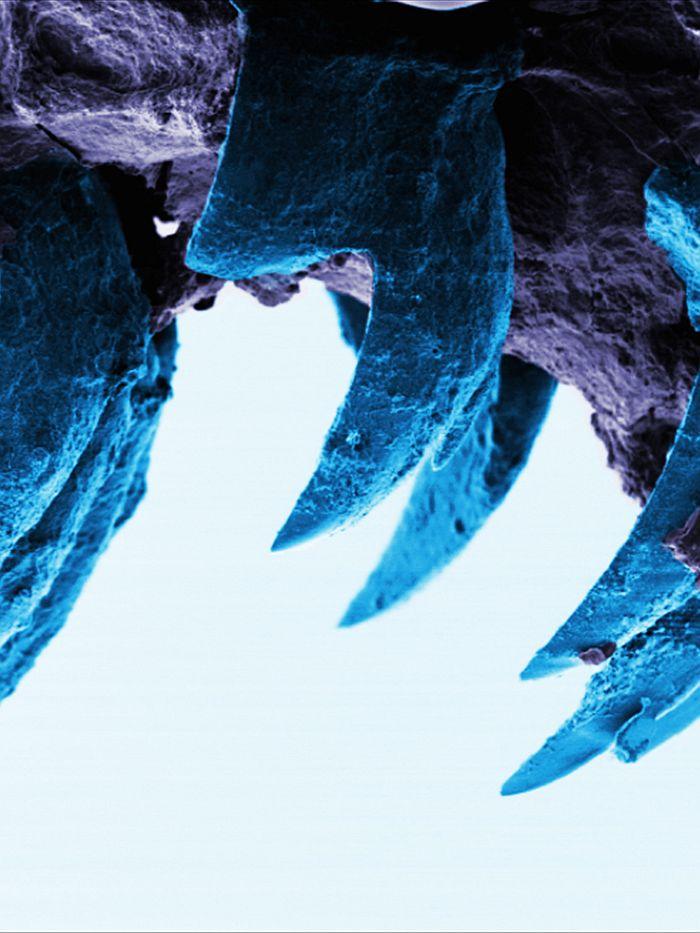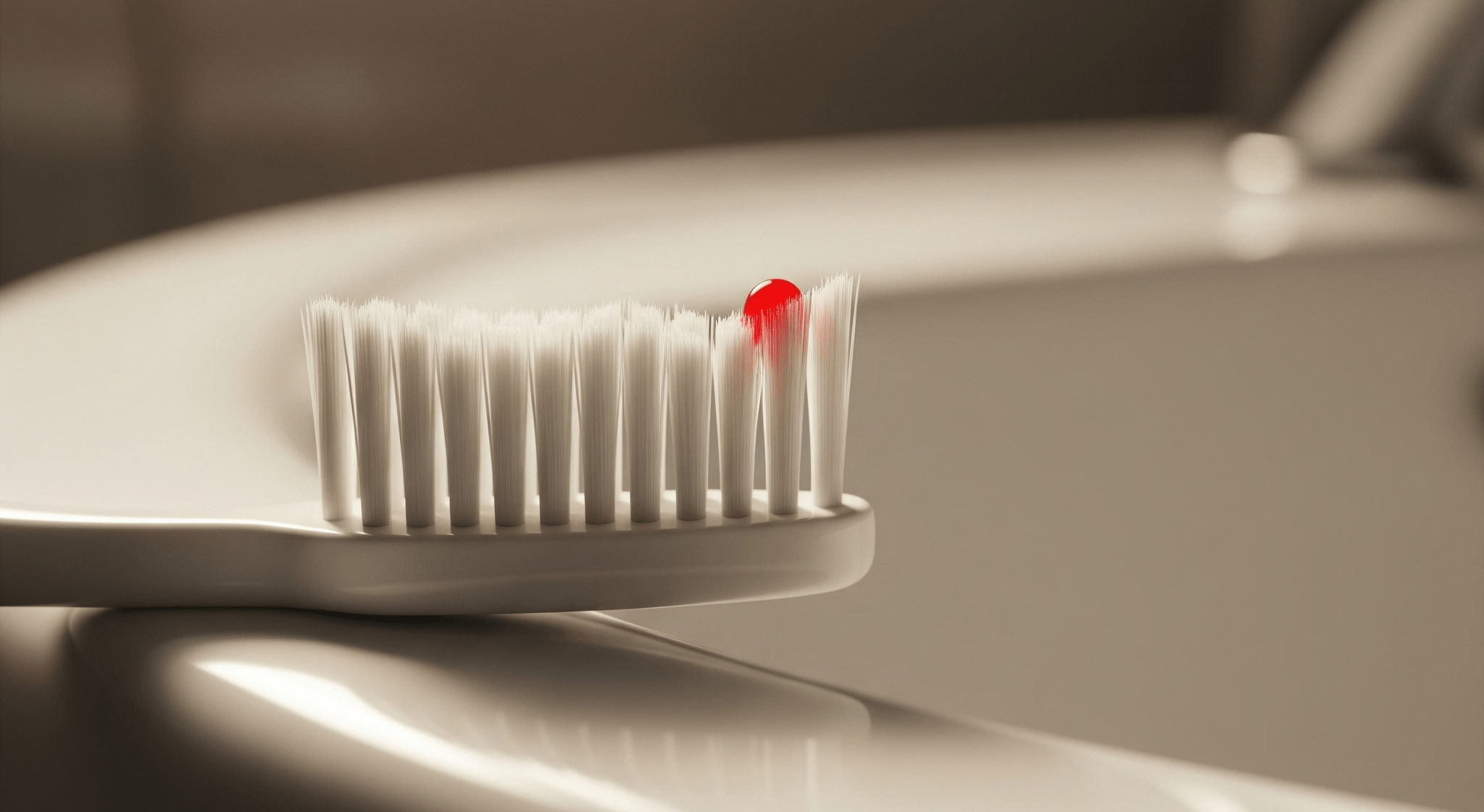Blog Highlights:
- British scientists discovered that small snails called limpets, have teeth made from the strongest biological material on earth
- The limpet’s teeth are made from a composite of minerals and protein
- The limpet’s teeth are five times stronger than spider silk, and ten times stronger than the enamel on human teeth
- The snail’s teeth are hidden below the radula, an organ located beneath the snails shell
- The snail has very strong teeth because it used for scraping algae on hard, sharp rocks
- The discovery has opened doors towards the creation of ultra-strong materials for different engineering applications
Armadillos have strong armor, and spiders can make silk that is as strong as Kevlar. But did you know that the humble snail has something far stronger to offer?
British scientists recently studied a group of snails called limpets. They were able to discover that their tiny teeth is actually made of the hardest biological material on earth. Made from a composite of minerals and protein, it is five times stronger than spider silk. As a matter of fact, it is able to compete in terms of strength with advanced carbon fibers that have been manufactured artificially. It is also known to be 10 times stronger than the enamel on our teeth.
A lot of people do not know that snails have teeth, this may be because their teeth are less than a millimeter in size. The limpet’s teeth are located beneath the radula, a tongue-like organ. The radula is also hidden beneath the snail’s shell.
So why do snails need such strong teeth? Limpets cling to rocks which are found near the oceans, they consume nutritious algae that they have to scrape from these sharp, hard rocks.
But more than that, the snails also use their teeth to make small shelters on the rocks themselves. This is why they earned the nickname, “the seashore bulldozers”.
The discovery made by the British scientists is significant simply because it paves the way for the creation of ultra-strong, artificial substances and materials. And according to a lead researcher from a university in England, the discovery of the limpet’s teeth has opened doors towards the creation of high-performance materials that can be used for different engineering applications. They might be able to use the information that they now have in order to create Formula 1 cars, aircraft parts, Kevlar replacements, and possibly, other unknown applications.
Who knows, the teeth of this tiny snail might even help pave the way for the development of amazing, super-hero like suits!





